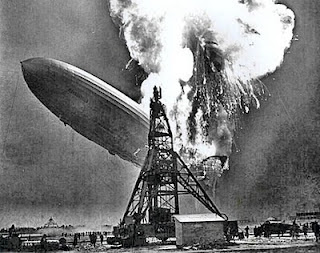By Pepe Escobar
It was deep into the night, somewhere over Siberia, in a Moscow to Beijing flight (BRIC to BRIC?) when the thought, like a lightning bolt, began to take hold.
What the hell is wrong with those Arabs?
Maybe it was the narcotic effect of that perennially dreadful Terminal F at Sheremetyevo airport - straight out of a Brejnev gulag. Maybe it was the anticipation of finding more about the Russia-China joint naval exercise scheduled for late April.
Or it was simply another case of "you can take the boy out of the Middle East, but you can't take the Middle East out of the boy".
With friends like these ... It all had to do with that Friends of Syria (fools for war?) meeting in Istanbul. Picture Saudi Foreign Minister Saud al-Faisal - who seems to have a knack for sending US Secretary of State Hillary Clinton into rapture - feverishly arguing that the House of Saud, those paragons of democracy, had "a duty" to weaponize the Syrian "revolutionary" opposition.
And picture al-Faisal ordering an immediate ceasefire by the Bashar al-Assad government, guilty - according to the House of Saud - not only of cruel repression but crimes against humanity.
No; this was not a Monty Python sketch.
It was deep into the night, somewhere over Siberia, in a Moscow to Beijing flight (BRIC to BRIC?) when the thought, like a lightning bolt, began to take hold.
What the hell is wrong with those Arabs?
Maybe it was the narcotic effect of that perennially dreadful Terminal F at Sheremetyevo airport - straight out of a Brejnev gulag. Maybe it was the anticipation of finding more about the Russia-China joint naval exercise scheduled for late April.
Or it was simply another case of "you can take the boy out of the Middle East, but you can't take the Middle East out of the boy".
With friends like these ... It all had to do with that Friends of Syria (fools for war?) meeting in Istanbul. Picture Saudi Foreign Minister Saud al-Faisal - who seems to have a knack for sending US Secretary of State Hillary Clinton into rapture - feverishly arguing that the House of Saud, those paragons of democracy, had "a duty" to weaponize the Syrian "revolutionary" opposition.
And picture al-Faisal ordering an immediate ceasefire by the Bashar al-Assad government, guilty - according to the House of Saud - not only of cruel repression but crimes against humanity.
No; this was not a Monty Python sketch.






























